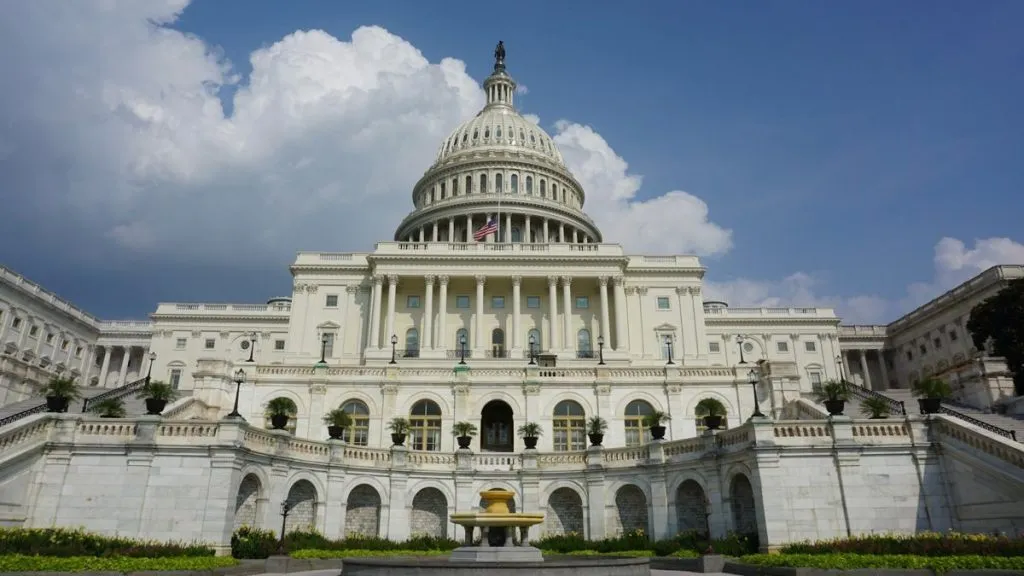Photo Credit: Quick PS
U.S. House Republicans have introduced a sweeping provision in the latest budget reconciliation bill that would prohibit states and local governments from regulating artificial intelligence for the next decade.
Late Sunday night, new language was added to the budget reconciliation bill stating that “no State or political subdivision thereof may enforce any law or regulation regulating artificial intelligence models, artificial intelligence systems, or automated decision systems during the 10-year period beginning on the date of the enactment of this Act.”
The definition of ‘AI regulation’ in the bill is broad, potentially blocking enforcement of both existing and future state laws aimed at ensuring transparency, bias audits, copyright protection, and consumer rights. States like California and New York have recently passed or proposed laws requiring transparency from AI developers as well as audits of AI systems used in employment or creative production. Under this proposal, enforcement of these laws would be suspended—stripping artists and rights holders of crucial AI protections.
Without state-level regulations, AI companies could continue training models on unlicensed music, making it harder for artists to control or profit from their work. It could also accelerate the flood of AI-generated music on digital streaming providers (DSPs) like Spotify, further diluting royalty pools for human musicians.
Laws requiring AI companies to disclose what data they use or to audit their systems for bias would be unenforceable at the state level. This action could make it nearly impossible for artists to know if their work was used to train large language models without permission. Streaming services could increasingly favor AI-generated music to cut costs, potentially sidelining human creators and reducing opportunities for emerging talent to grow their business.
The bill is set for markup in the House and its future in the Senate is uncertain. Critics argue that the tacked on provision is a major gift to Big Tech, prioritizing profits over the rights and livelihoods of human artists and creators. If enacted as is, the bill could set a precedent for deregulation of AI systems at a time when the music industry is already struggling to adapt to AI’s disruptive potential.
Content shared from www.digitalmusicnews.com.

